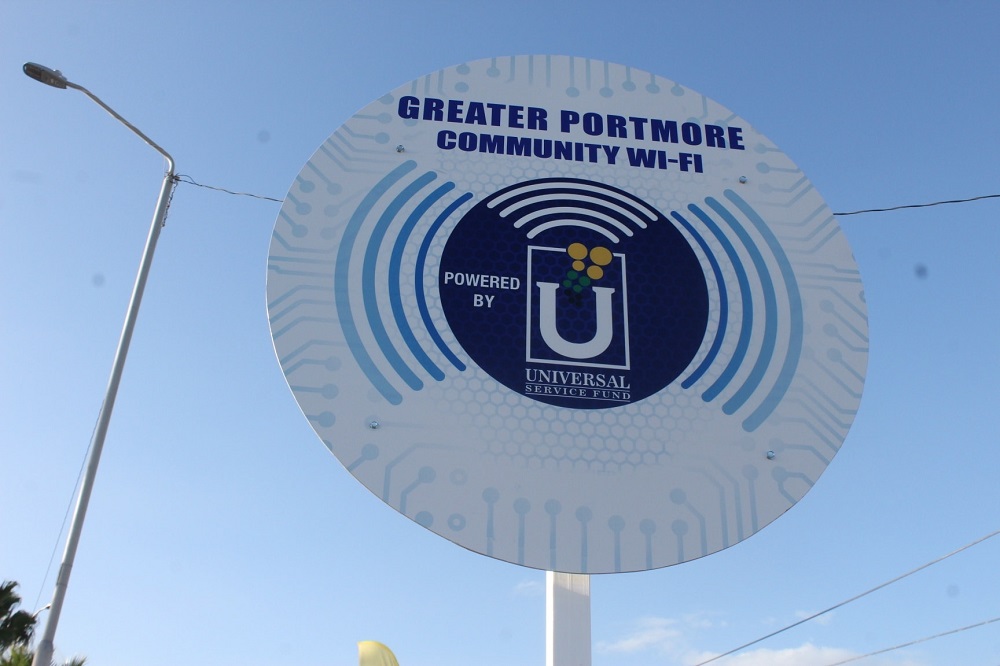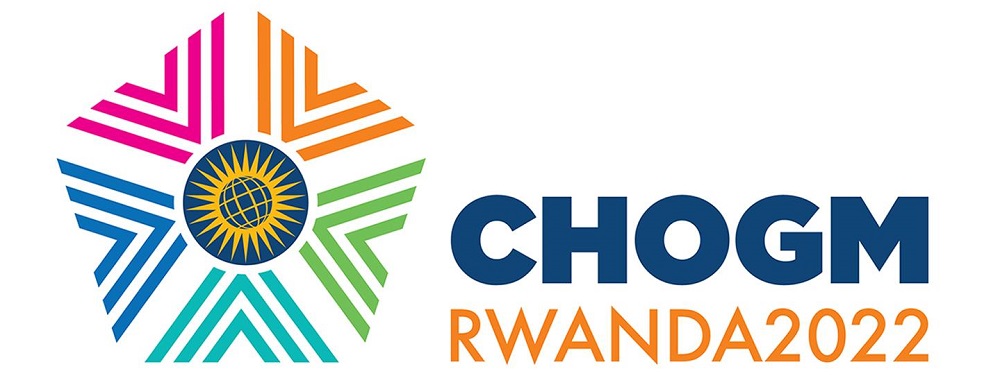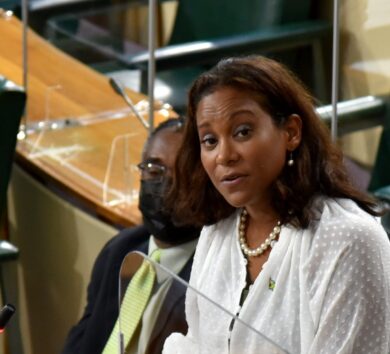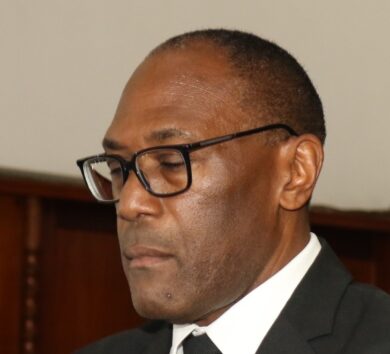

The following is a statement by Jamaica Prime Minister Andrew Holness made Wednesday (June 22) at the Commonwealth Business Forum Heads of Government and Business Leaders’ Roundtable on Bridging the Digital Divide in Kigali, Rwanda.
I welcome the opportunity to participate in this exchange on Bridging the Digital Divide, as we explore the immense possibilities and critical steps necessary, to design a new global technological paradigm.
This is the era of unbounded expansion in knowledge, and more than any other time in our recorded history, certainly since the invention of the printing press, mankind now has the capability to share knowledge virtually, and instantaneously.
The internet is now the single greatest aggregation, storage, and means of dissemination of knowledge in the world. However, this rapid expansion and sharing of knowledge through digital technologies and the promise it holds to improve the human condition, may not be evenly and universally realised, as more than half of the people in the world do not have reliable access to the internet and many have no access at all.

For many countries, the COVID-19 pandemic accelerated the pace of adoption of digital technologies in everyday life. Countries migrated their education system to online learning, access to many other social services were virtualised, and a significant part of our labour force worked virtually.
The pandemic forcibly demonstrated the efficiency and convenience of online systems and highlighted the internet as a critical national/global infrastructure for economic and social resilience. Segments of our populations without robust internet access would have suffered disproportionate learning loss, income loss, and lack of access to some services.
Beyond the first-level divide, which is based on access to the internet, the rapid advancement of technologies in this Fourth Industrial Revolution, is creating a second-order divide, which is along the lines of human resource capacity and skill-base to create and apply digital technology to economic growth and sustainable development.
Many in our societies are not digital natives nor are they digitally literate. For the developing world, too many of our people are only consumers of ICT technology and not creators, and are also not leveraging technology to create greater economic value. The internet and digital technologies are critical drivers of wealth creation and prosperity in our society.
Governments must be deliberate in ensuring that this public good is equitably accessible to all citizens, otherwise, it could come to define a new dimension of poverty, that of knowledge poverty.

To bridge the divide, Jamaica has accelerated the build-out of its national broadband backbone to facilitate the roll out of high-speed internet access across the island. Through our Universal Service Fund, we are also providing free Wi-Fi internet access points in major town centres, public green spaces and parks, and communities across the island.
The Jamaican government is actively developing the human resource capacity in ICT. In collaborations with the private sector and international partners, we recently launched a coding academy and started the process of mainstreaming coding in the public school system. Despite this effort, the lack of technical skills remains prevalent and is an immediate constraint on our economic development. This stands true in other Commonwealth countries, making the need to equip our population with the requisite digital skills an increasingly critical priority.
The Commonwealth is built on shared values and supported by historical, cultural, and institutional links, and has played an integral role in the development of each member state. Within this family of nations, we have countries at various stages of digital development and maturity, including some that are at the cutting edge. One of the priorities of the Commonwealth must be to support and accelerate the digital development of all our members, particularly in areas of governance and regulation.

Each country within the Commonwealth must place significant emphasis on improving its telecommunications and ICT sectors, and design bolder plans to digitalise services and promote greater digital inclusion, in partnership with our private sector and innovators.
Eliminating digital inequality must have at its core, gender equality. The goal of which is to maximise social inclusion by enhancing the participation of women and girls in all areas of development and supporting women’s entrepreneurship in digital business and work.
Digital technologies also provide an attractive avenue for boys and young men who left the formal education system and have become embroiled in antisocial behaviour.
We must push for STEM programmes in our schools that provide the necessary support for the next generation of designers, coders, and software developers. As part of the process of inclusion, keen attention must be paid to the needs and concerns of persons with disabilities in accessing and using digital technology.
COLLECT DATA ON RISKS POSED BY CLIMATE CRISIS
As small Commonwealth Caribbean states affected by the vagaries of an Atlantic Hurricane Season, we must use digital technology to collect data on the very real risks posed by the climate crisis and build more effective and actionable climate risk assessment toolkits and instruments that provide us with a fighting chance to establish smart and resilient infrastructure.
It is evident, that the way forward for middle-income Commonwealth states will require even greater investment in research and innovation to build digital capacity and to ensure that we are empowered, enabled, and indeed re-positioned to manage shocks and take advantage of opportunities. The Commonwealth is reported to be home to 12 per cent of the world’s researchers and accounts for around 10 per cent of global research and development expenditure. We, therefore, have within our grouping a critical threshold of resources to meaningfully support and accelerate the digital development of our members through:
- Improving our regulatory framework and supporting foundational systems such as digital identity,
- Expanding the capabilities and readiness of our human resources in ICT,
- Inclusion of the vulnerable and,
- building resilient digital infrastructure and ICT capacity
These steps will enhance the Commonwealth Advantage that we are fortunate to have among ourselves which we can leverage for our own advancement.
The increasing capacity of information and communication technologies, analytics and innovation give rise every day to new opportunities. I urge us all to work together, to harness our ingenuity and innovation to close the digital divide and enable all our people in all our countries to take advantage of these new opportunities and build a sustainable, inclusive and prosperous future.







Comments